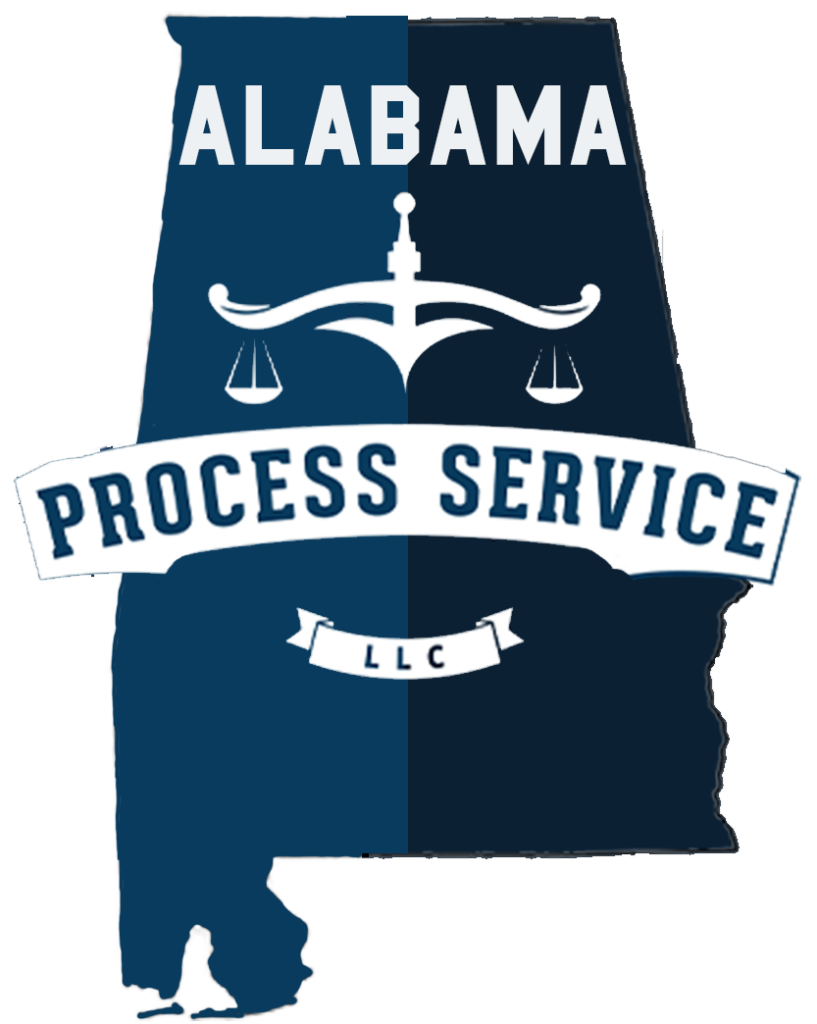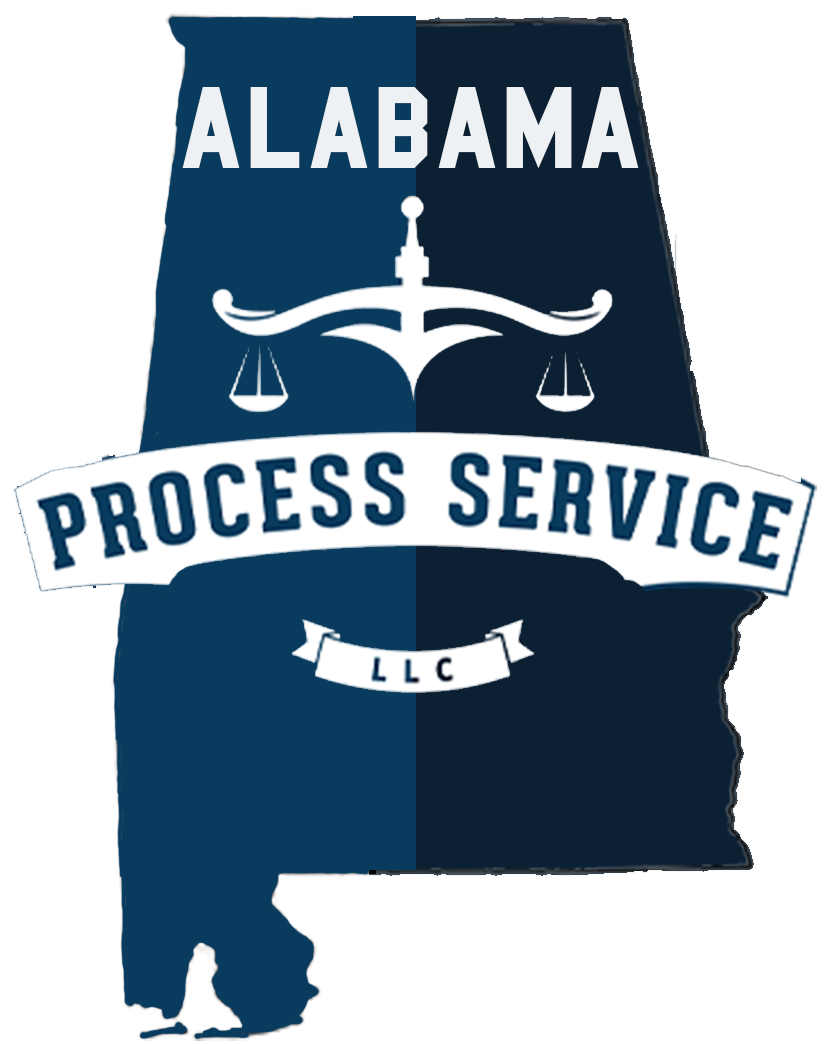Title: Mastering Effective Communication Strategies for Process Servers in Jasper
As a process server in Jasper, effective communication is key to successfully carrying out your job duties. Whether you are serving legal documents, conducting interviews, or managing client relationships, strong communication skills are essential for ensuring efficiency and professionalism in your role. In this blog post, we will discuss some effective communication strategies that can help process servers in Jasper excel in their work.
1. Clear and concise language: When communicating with clients, witnesses, or other parties involved in the legal process, it is important to use clear and concise language. Avoid using jargon or complicated terminology that may confuse the recipient. By keeping your communication simple and straightforward, you can ensure that your message is easily understood and that there is no room for misinterpretation.
2. Active listening: Effective communication is a two-way street, and active listening is a crucial component of this process. When speaking with clients or other individuals, make sure to listen attentively to their concerns, questions, or instructions. By demonstrating that you are actively listening, you can build trust and rapport with the other party, leading to smoother interactions and better outcomes.
3. Professional demeanor: As a process server, you represent not only yourself but also your clients and the legal system as a whole. It is important to maintain a professional demeanor in all communication interactions, whether in person, over the phone, or via email. This includes using polite language, maintaining a calm and respectful tone, and addressing any conflicts or disagreements in a professional manner.
4. Adaptability: In the fast-paced world of process serving, situations can change quickly, and it is important to be adaptable in your communication approach. Be prepared to adjust your communication style based on the needs and preferences of the other party, whether that means being more formal with clients or more casual with witnesses. By being flexible and adaptable, you can ensure that your communication is effective in any situation.
5. Timely responses: Timeliness is crucial in the legal field, and this also applies to communication. Make it a priority to respond to emails, phone calls, and messages in a timely manner, even if it is just to acknowledge receipt and provide an estimated timeline for a more detailed response. By being prompt in your communication, you can demonstrate professionalism and reliability to your clients and colleagues.
In conclusion, effective communication is a vital skill for process servers in Jasper to master in order to succeed in their role. By using clear and concise language, practicing active listening, maintaining a professional demeanor, being adaptable, and responding in a timely manner, process servers can build strong relationships with clients, witnesses, and other parties involved in the legal process. By implementing these communication strategies, process servers can enhance their efficiency, professionalism, and overall success in their profession.

